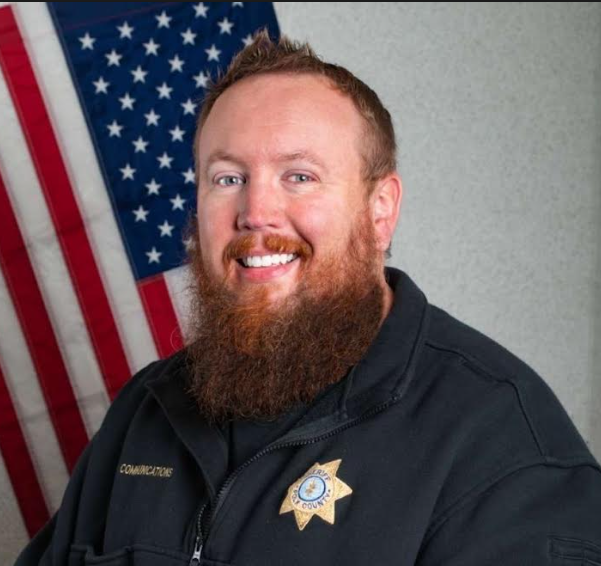Planning for College and Life After High School
Many students feel overwhelmed by the process of figuring out life after graduation
Looking at the big picture after high school can be a terrifying concept. For most, college is the next step for those who want to pursue a specific career path. While looking at the specifics of college can feel overwhelming, you aren’t the only one who feels this way.
The most important step to finding the college that is best suited for you is to figure out what you want to pursue for the rest of your life. College is the time where you explore your interests and it’s the beginning of a new journey.
If you’re currently thinking about the college process and not sure where to start, don’t fret!
Here are some helpful and easy tips to help kick start your college journey.
1. Narrow down your interests: If you don’t know what your interests are, start with something that sounds interesting to you, and go from there!
2. Research: Researching colleges based on your interest(s) is good to find out what is best for you. Researching will help you to have an idea of what you’re looking into regarding college as a whole. This can be a guide to help you prioritize your college experience and what you personally look for in “the real deal”.
3. Choosing! Choosing a few colleges that are acquiring your interest will help you to start going on college visits and weighing out the pros and cons.
Senior Josie Newton started the college process her sophomore year and has continued through senior year. Going on college visits is a lot of fun and has many positive values but can be quite stressful.
“The college process for me has been very long and time consuming. But I always enjoyed visiting colleges because you learn so much about new places and can see your friends who go there,” said Newton.
Deciding on a college can be one of the most important decisions in your life, so deciding what your priorities and purpose are early on in the process can be the most influential to your college decision.
“I was pretty set on going to Drake University for pharmacy, but at the end of my junior year I had some coaches reach out and I realized I might have wanted to play,” said Newton.
“So my biggest challenge when it came to the college process wasn’t necessarily which college because I had one picked for soccer or not for soccer, but rather it was if I wanted to play collegiate level soccer or not.”
Even when the opportunity arises, it’s not always the easiest decision to go forth with your original plan.
Weighing out the pros and cons of different options that are there for you can make it seem more difficult but it ultimately comes down to what you truly want to pursue in the future and what you value about your college experience.
Senior Gavin Loftus had quite the opposite experience with his college decision. Although the process hasn’t been an easy one still, it’s quite different from an athletic process.
“The college process for me has been pretty straightforward. That being said, the admission process for most colleges is kind of one big rat race,” said Loftus.
Loftus is like no other when it comes to writing essays for acceptance or for scholarships. He finds it to be an outlet for exploring inner creativity and exploring what you didn’t know you could do.
“I enjoy it when colleges encourage you to take creative risks when writing your essay, really that’s a huge part of a lot of admissions. Unlike the past the idea that colleges look for more than just numbers on a paper has become more prevalent,” said Loftus.
Loftus is passionate about purpose and being intentional with your college decision and not going just to have a title or ‘merit’ only.
“Strive for actual meaning in what you want to do,” said Loftus
Coming from an adult perspective, counselor Larry Brand weighs in on how he’s experienced the college process differ from person to person.
“Finances and area of study. For example going to Drake vs. UNI or Iowa State there’s a huge financial difference for what areas of study you plan to go into and not every school has options that can appeal to your taste,” said Brand.
Some of the most common questions that counselors, like Brand, are frequently asked about college are about how to apply and FAFSA [financial aid].
Brand recommends starting the college process at an early time of your high school career.
“You should start taking the classes necessary as a freshman or if you want to go into an apprenticeship, ask yourself what math classes do I need to take. It’s all up to you and what you define as college,” said Brand.



